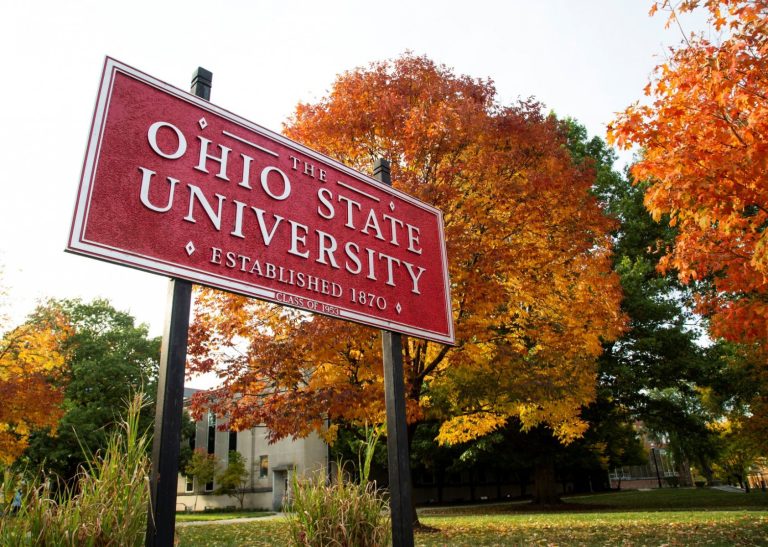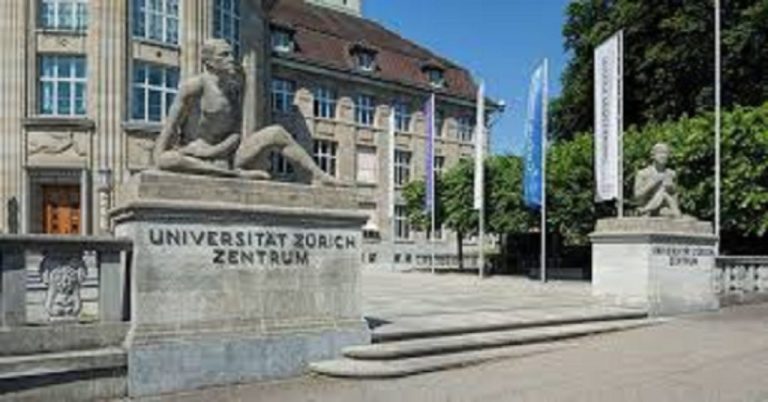
We are looking for an exceptional researcher to spearhead a project on developing new mixed-anion functional materials with potential applications as metallic ceramics. You will work at the interface of chemistry, physics and materials science to develop new metal oxide-fluoride materials and understand their structure and solid-state properties.
The Opportunity:
We are seeking a postdoctoral research associate (PDRA) with expertise in synthesising and characterising new inorganic materials. The postholder will combine experimental synthesis, structural analysis using X-ray or neutron scattering, and measurement of solid-state properties in order to discover new metallic oxide-fluoride materials. The broader goal of this project is to understand how mixed-anion composition and atomic structure can be controlled to give better functional materials.
This is an exciting opportunity to join a growing and inter-disciplinary team (www.cumby.chem.ed.ac.uk) with access to a wide range of facilities for synthesising and characterising new solid materials. In addition to offering the chance to develop new skills in cross-disciplinary techniques and pursue cutting-edge research, there will be opportunities to develop creativity and management skills.
Informal enquiries should be directed to Dr James Cumby, james.cumby@ed.ac.uk.
Your skills and attributes for success:
- Expertise in synthetic solid-state materials chemistry
- Ability to characterise atomic structure using X-ray and/or neutron scattering
- Interest and enthusiasm to work at the chemistry-physics-materials interface
- Excellent written and oral communication skills
- Excellent problem-solving and analytical skills
Click Here for a copy of the full job description
As a valued member of our team you can expect:
An exciting, positive, creative, challenging and rewarding place to work. We give you support, nurture your talent and reward success. You will benefit from a competitive reward package and a wide range of staff benefits, which includes a generous holiday entitlement, a defined benefits pension scheme, staff discounts, family friendly initiatives, flexible working and much more. Access our staff benefits page for further information and use our reward calculator to find out the total value of pay and benefits provided.
The University of Edinburgh holds a Silver Athena SWAN award in recognition of our commitment to advance gender equality in higher education. We are members of the Race Equality Charter and we are also Stonewall Scotland Diversity Champions, actively promoting LGBT equality.
Interviews will be held in mid-February.
If invited for interview you will be required to evidence your right to work in the UK. Further information is available on our right to workwebpages.
The University is able to sponsor the employment of international workers in this role. If successful, an international applicant requiring sponsorship to work in the UK will need to satisfy the UK Home Office’s English Language requirements and apply for and secure a Skilled Worker Visa.
About Us
As a world-leading research-intensive University, we are here to address tomorrow’s greatest challenges. Between now and 2030 we will do that with a values-led approach to teaching, research and innovation, and through the strength of our relationships, both locally and globally.
About the Team
The School of Chemistry at the University of Edinburgh has a long and distinguished history. The first Chemistry Professor was appointed to the Chair in 1713 and the Edinburgh University student-led Chemical Society is regarded as the oldest chemical society in the world. The School is run as a single academic unit with approximately 160 staff (made up of academic, postdoctoral researchers and professional services staff) and 800 students (undergraduate, taught postgraduate and research students). Our vision is for all students and staff to harness their curiosity, utilising outstanding and diverse talents to pursue knowledge that can be used to tackle global challenges and improve people’s lives. Sustainability, collaboration and inclusion are at the heart of all our school activities.
School of Chemistry researchers deliver advances in both core and interdisciplinary chemistry across five overlapping themes: Catalysis & Synthesis, the Chemistry-Biology Interface, Functional Materials, Structural Chemistry & Chemical Dynamics, and Energy, Environment & Sustainable Chemistry. Our research underpins solutions to major global challenges including health, climate change, and sustainability, and we collaborate extensively with other disciplines and industry partners to take our research towards use. Our 55 group leaders work with a similar number of postdoctoral researchers and approx.155 research students to deliver £32M of current research grants across government, charity and industry funders, as well as a wide variety of public engagement activities.
Along with the University of St Andrews we formed EaStCHEM in 2004 to combine the research activities of two of Scotland’s leading schools of chemistry. Combined, we are the largest chemistry unit research in the UK. In the most recent Research Excellence Framework (REF 2021), we were one of only three chemistry submissions to achieve a 100% “world-leading” score for our research environment. We hold a Silver Athena SWAN award, in recognition of excellence in science, engineering and technology employment in higher education relating to supporting women in Science. We are particularly proud of establishing the Christina Miller Fellowships, which have enabled seven talented postdoctoral researchers from under-represented groups to establish themselves as independent group leaders.
For further information about our school is available on the School of Chemistry Website (https://chem.ed.ac.uk/) (opens in a new browser tab).



